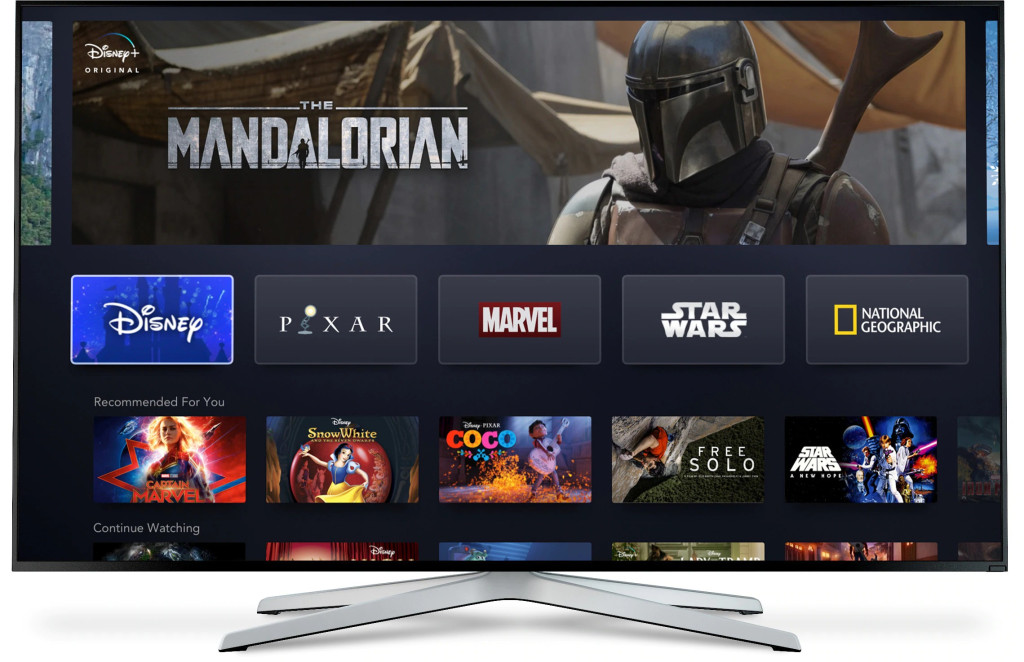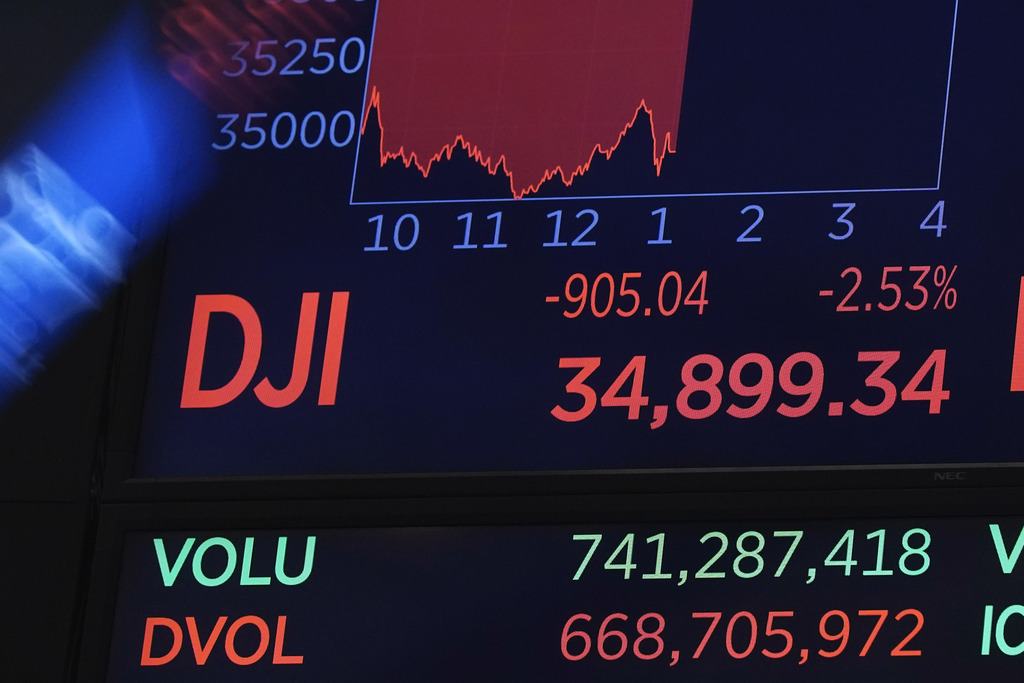Disney is still three months away from launching its Disney+ subscription video service, but the entertainment giant is already signaling that it intends to take on Netflix in the streaming TV market.
![]() The company said as much Tuesday its quarterly earnings call, during which it put out more details about Disney+, which goes live Nov. 12. Among the disclosures was that Disney+ will cost $6.99 a month, or $70 for an annual subscription.
The company said as much Tuesday its quarterly earnings call, during which it put out more details about Disney+, which goes live Nov. 12. Among the disclosures was that Disney+ will cost $6.99 a month, or $70 for an annual subscription.
But the biggest sign of Disney’s willingness to encroach on Netflix’s territory was the company saying it will offer a streaming subscription bundle of Disney+, Hulu with commercials, and ESPN+ for just $12.99 a month. To put that pricing in perspective, Hulu with ads currently costs $5.99 a month and a subscription to ESPN+ goes for $4.99 a month. Someone who already has both of those services can, in effect, add Disney+ for about $2 a month.
Disney+ already is being seen as possibly the biggest challenge to Netflix and its 60 million U.S. subscribers.
“U.S. consumers have shown a reluctance to add to their (average of) 3 SVOD (steaming video on demand services),” said Laura Martin, media analyst with Needham & Co., in a research note. “This implies that Disney’s projected 20 million to 30 million U.S. subscribers by 2024 will mostly come from Netflix.”
Martin added that because of Disney’s price levels and its catalog of content, she believes that over time, “Disney will win, and Netflix (will) lose the U.S. SVOD battle.”
When Disney+ launches in November, it will come out of the gate with 500 movies and 7,500 TV show episodes. Netflix currently has content deals with the entertainment giant that allow it to carry such Disney-owned titles as Marvel’s “Avengers: Infinity War” and “Star Wars: The Last Jedi.” Those deals are set to expire over the next two years, and Disney intends to bring the shows and movies it owns under its streaming umbrella — becoming a one-stop-shop for all things Disney.
Michael Pachter, media analyst with Wedbush Securities, said that despite Disney’s ability to immediately bring a large, and original catalog of content, he doesn’t expect a raft of Netflix subscribers to flee from its service.
“I don’t think it (Disney’s bundle) will be viewed as a substitute for Netflix by most Netflix users,” Pachter said. “The content is completely different, and the only people I see migrating away from Netflix in favor of this bundle are budget conscious families in search of kid-friendly content.”
Along with its streaming bundle plans, Disney also unveiled plans to “reimagine” films such as “Home Alone” and “Night at the Museum”, and bring many of its remakes directly to the Disney+ service.
With Hulu and ESPN as part of the Disney+ $12.99 bundle, Disney also is setting a competitive price point that could challenge Netflix’s market position. Netflix currently charges $12.99 a month for its most popular offering, which allows for video steaming on two devices at a time.
Among other leading streaming TV players, Amazon offers its Prime Video service as part of its Prime product-delivery package for $119 a year, or $12.99 a month; HBO Max, the new offering from AT&T’s WarnerMedia, is expected to cost $16 to $17 a month when it launches later this year.










